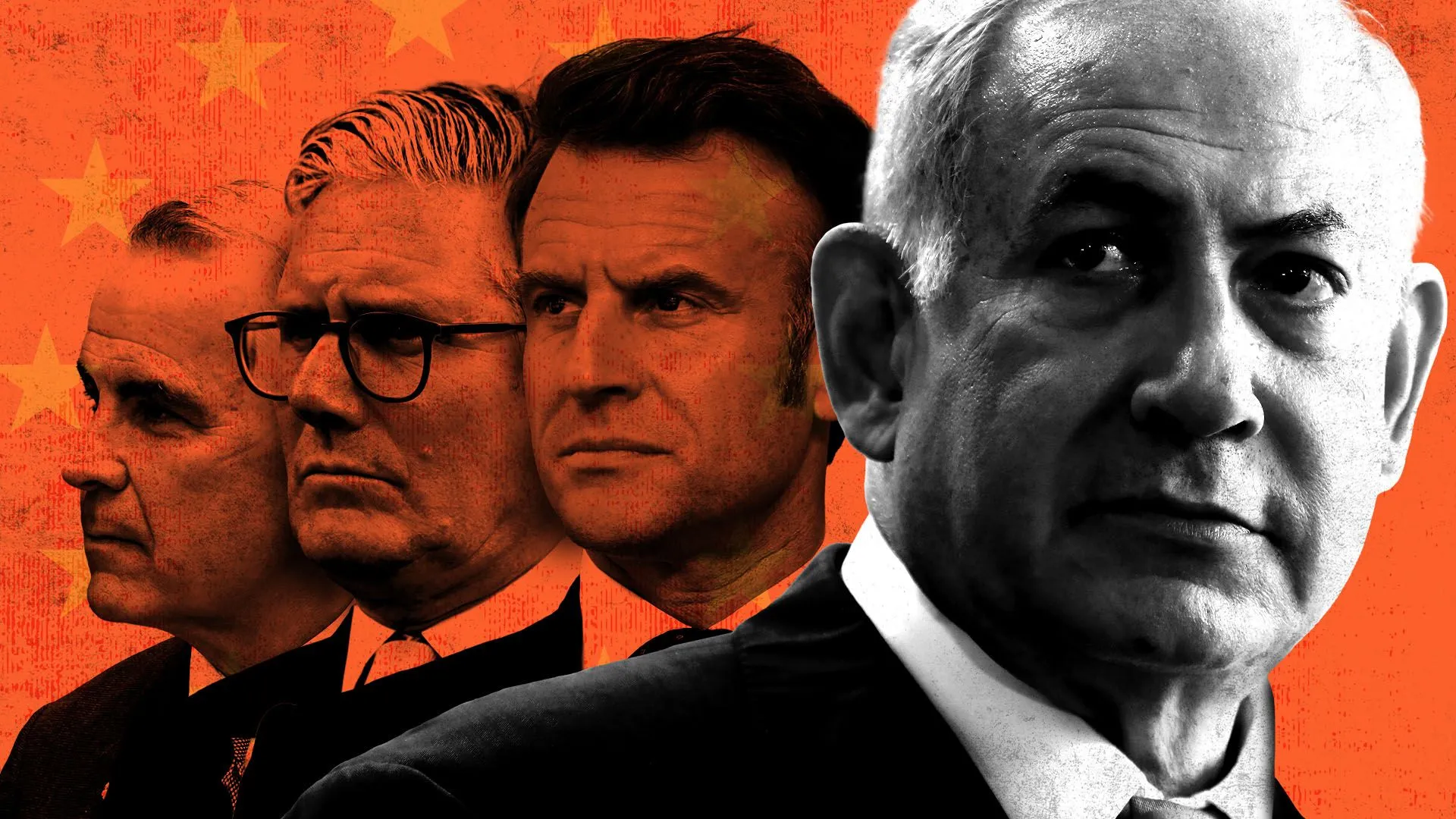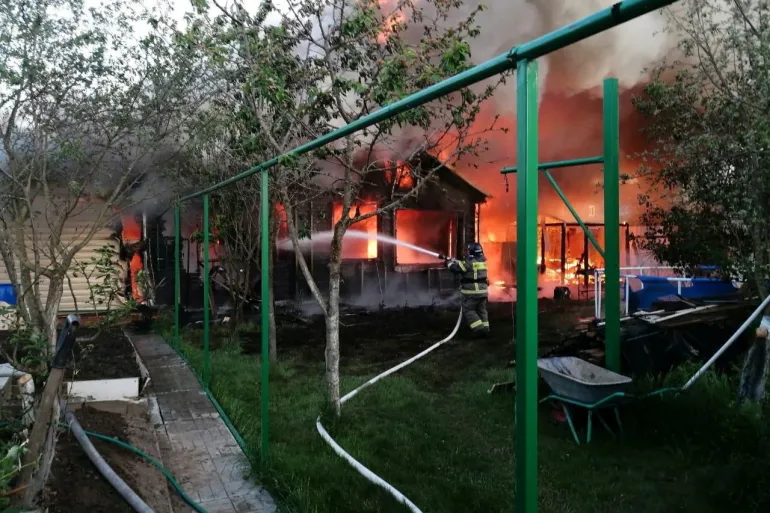Israel is facing mounting international isolation as criticism intensifies over its ongoing military campaign in Gaza and its restrictions on humanitarian aid, according to a report by Axios published on May 25, 2025. The sharp rebuke from Western and regional allies comes amid rising civilian casualties and a deepening humanitarian catastrophe in the besieged enclave.
“Israel has never been this diplomatically exposed,” said one European diplomat. “Even its closest friends are running out of patience.”
The Biden administration, traditionally one of Israel’s strongest allies, is now expressing increased frustration, particularly over the slow pace of aid deliveries, the Rafah offensive, and the lack of a clear exit strategy. Officials fear the operation is becoming indefensible on the world stage.
🌍 Global Outcry Over Humanitarian Crisis
Nations including France, Canada, the UK, Germany, and Spain have all issued stronger statements condemning Israel’s handling of the crisis. Even India and Brazil, which have historically balanced their diplomatic stance, have begun urging Israel to de-escalate and allow unfettered humanitarian access.
Meanwhile, several countries are reviewing arms sales, threatening to downgrade diplomatic ties, or demanding UN action to end the siege of Gaza.
“We are appalled by the scale of suffering,” said Canada’s foreign minister. “Israel must comply with international humanitarian law.”
🛑 Rafah Offensive and Civilian Toll
Israel’s continued assault on Rafah — a city swollen with over 1 million displaced Palestinians — has drawn the most outrage. Footage of destroyed shelters, mass graves, and child casualties is dominating global headlines, prompting mass protests from London to Jakarta and calls for accountability at the International Criminal Court (ICC).
Despite these pressures, Israeli officials remain defiant. Prime Minister Benjamin Netanyahu insists that the campaign will continue until Hamas is dismantled and that any ceasefire must be conditional on hostage releases and long-term security guarantees.
🇺🇸 U.S. Policy Fractures
In Washington, support for Israel is beginning to split along political lines. While the White House remains officially supportive, it has privately urged Israeli leadership to scale back operations and improve aid access. A growing number of Democratic lawmakers are calling for conditions on U.S. military aid and an independent investigation into alleged war crimes.
“We can’t look away as humanitarian law is trampled,” said a prominent Senate Democrat. “We must hold all sides accountable.”
The Pentagon has also expressed concern that the conflict could escalate into a wider regional war, involving Hezbollah, Iranian proxies, or further destabilizing Jordan and Egypt.
📦 Aid Access: A Flashpoint
The Rafah and Kerem Shalom border crossings remain restricted, with aid agencies reporting that less than 15% of needed supplies are entering Gaza. U.S., UN, and Qatari envoys are pushing Israel to guarantee daily access for food, fuel, and medicine, but logistical and political obstacles persist.
The U.S. has also floated proposals for air-drops and maritime aid corridors, though these face resistance from Israeli military planners concerned about smuggling or security breaches.
⏭️ What to Watch
- Outcome of diplomatic efforts at the UN Security Council
- Whether the Biden administration imposes consequences or continues backchannel pressure
- Impact of global protests and civil society pressure campaigns
- Legal developments at the International Criminal Court or UN Human Rights Council
- Legal developments at the International Criminal Court or UN Human Rights Council
- Israel’s response to worsening regional and Western diplomatic ties
As the Gaza war drags on, Israel is no longer just facing rockets and tunnels — it is facing a global reckoning. With humanitarian conditions collapsing and patience running out among allies, the consequences may no longer be limited to the battlefield — they could unfold in the halls of diplomacy and history.
Source; Axios



